VAV - Moving Image
VAV is an education in visual art that focuses on the moving image. The notion of the moving image is a very actual one in the contemporary art world. In the international practice of making exhibitions and art, the moving image has developed as one of the major means of expression.
As an artist you are able to ‘animate’ a dead object and give it a life of its own. This happens both in a metaphorical and literal way. As soon as the student manages to infuse his object with ‘anima’ the Greek word for ‘life’ the work starts communicating with its public.
VAV is and education where idea, content, form, technique and the vehicles of expression are questioned. We regard this as essential for the quality in art. Typical for a VAV student is the inventor’s mentality. We as your teachers stimulate experiment and an independent and quirky attitude.
We give attention to the disciplines: film, animation, sound, performance, video, new media, visual arts, film - and art history. Interesting is the area ‘between’ the disciplines. In the cross section between image and sound or 3-D works and for example advanced computer technology amazing works are created.
The teachers of the department help you in your search for development and look with you at your inner motivation and your passion talking about the work that is presented.
Basic to the education is the development of your vision on the meaning of your work in society. The mentality that makes it possible to dive deep in the self-chosen themes is of major importance!
We believe in the value of a significant amount of contact hours within the education. Teachers and students communicate on the basis of equivalence about the progress in the works. The education has the character of a process where ideas, half products and in the end the results are discussed between teachers and students.
Teachers are your coaches in your personal quest. There are several teaching methods to help you in your personal development, like individual talks, group talks, workshops, projects or an excursion. We value the fact that our education takes place in an atmosphere of honesty, commitment to the study and the fellow students, an open mind and mutual respect.
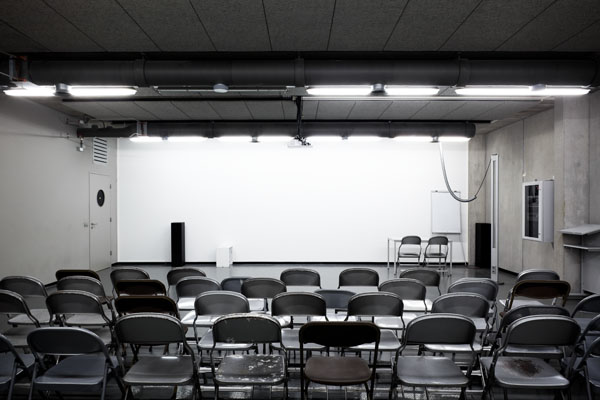
Educational purpose
You will be educated to be an independent artist or filmmaker who is able to conduct a successful independent practice.
Theory and practice
Parallel to the making of a new work is always the theoretical reflection on this work. We encourage you to develop your awareness of the art and film history in relation to the work you make yourself.
We appreciate you to approach your theory and art practice as one whole, reflecting on the decisions you take. By playing with materials and ideas, you develop your own way of working.
In the final year you will write a thesis as part of your graduation.
In the VAV department you will be taught art history, film history and philosophy. The theory taught in the final examination year is characterized by reflection on your own development in relation to visual art, but also to film, audio, music or literature. As a theoretical final project, students will write a thesis coached by Paula Albuquerque. In addition, there are special lectures given by the department’s lecturers, lectures will also regularly be given by invited guests, such as artists, former students and art critics. Lecture subjects vary from students’ own work, art history and philosophical or ideological subjects to lessons on specific techniques. The Studium Generale is also a standard part of the theory education in the VAV department. The Studium Generale provides a general historical context concerning current themes in the contemporary international art world. The Studium Generale brings in prominent speakers from the Netherlands and abroad to give lectures. For more information, see Studium Generale
Projects
Projects are an important teaching tool in the third and fourth year. They can be projects within or outside the Academy, led by one or more lecturers or guest lecturers. Such a project may, for example, focus on performance, building installations, filming or making an exhibition. During the study program, you will regularly visit museums and galleries, both in the Netherlands and abroad. Visits to the Netherlands Film Festival in Utrecht and the Film Festival in Rotterdam are standard parts of the curriculum.
End terms and competences
At the evaluations we pay attention to originality, the ability to create work, the ability to think conceptually, the ability to translate an idea into a work, the ability to digest criticism and develop yourself, the ability to work with others, to relate to your environment and the ability to execute and present a work.
After your studies
With a diploma in your pocket you are a qualified filmmaker, and artist. Depending on your focus, personal development and qualifications, history has proved that you can also find work as a creator of soundscapes, composer, animator, maker of short videos or web designer.
Study structure
First specialisation year
In this first year, after having successfully ended the basic year, you have classes in the different subjects, art, performance, film, video, animation, and theory. In the first semester you have classes and group talks and very open assignments. In the second semester you have more and more individual talks and more and more you follow your own development. All subjects are obligatory. Most of the technical courses are offered in this year. In the second semester you have a major performance project with the whole group. We have excursions to film festivals and exhibitions, often together with BK.
Second and third specialisation year
In the second and third specialization year you inscribe on the list of one of the teachers for an individual or group talk. You can participate in projects and excursions. You can also apply for an exchange at one of the academies abroad or do an internship. Projects inside and outside the school are part of the education.
Third specialisation year, graduation year
Already in the second specialization year you will have a special monitor, a teacher whom you are in regular contact with, looking at the progress in your study. Also in the graduation year you will have a special monitor. The monitor is responsible for the text on the attachment coming with your diploma. As mentioned before the thesis is a part of your graduation.
Practice
In this year, apart from your development towards your graduation, you will also learn how to make a portfolio and how to apply for a subsidy or sponsoring. Every few weeks there is a lecture by an alumnus who tells you about his or her development after the Rietveld and how they have experienced it conducting an individual practice as a young artist after the academy.
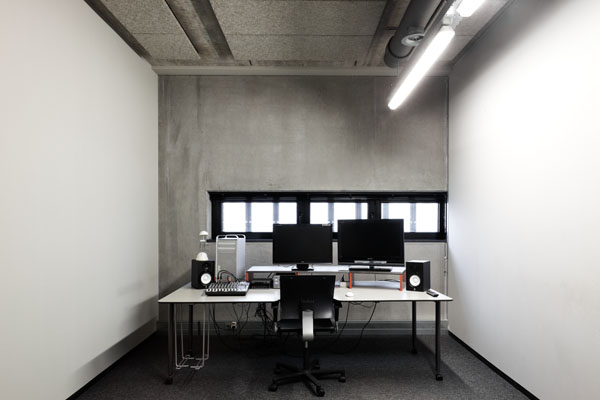
Publicity
As a graduation student you think together with your graduation coordinator and your fellow students about the final presentation. You will make a special card publication for the graduation.
Location
You can find the VAV department at the first floor of the Gerrit Rietveld Building – when you enter the floor you turn right. The technical rooms are on the 5th and 6th floor of the B&C building and in the basement (analog film workshop). In the basement we also have project spaces. In the basement we use a fully equipped beam room with the latest audiovisual equipment.
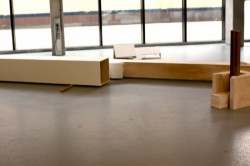

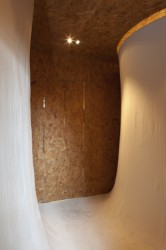
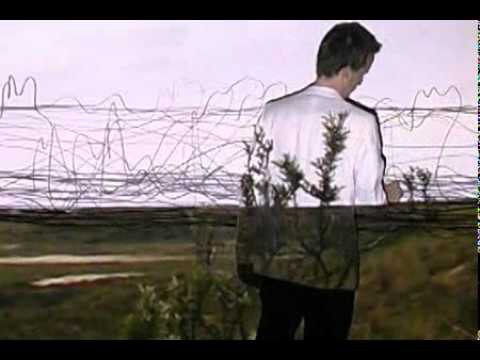
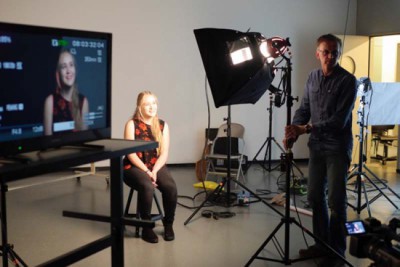
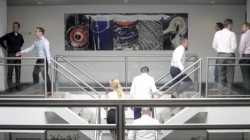
2016-09-24 15:52:45
Work placement and exchange
Students may take part in exchange programmes and undertake work placement during the second specialisation year, but this is not compulsory. At the beginning of the third year, students will be given the opportunity to take part in an intensive period of work abroad. Through the European Exchange Academy in Beelitz near Berlin (an initiative of Harry Heyink, one of our lecturers), students will be given the opportunity to spend a month working with students of other academies from surrounding European countries. This programme is supervised by lecturers of the different academies. The period will be concluded with a presentation in the form of an exhibition.
Preparation for the professional practice
The projects inside and outside the school are an important exercise for the professional practice from writing a proposal and communicating your intentions, to making a calculation for the budget, working with others and producing and placing your work. We give workshops in the several aspects of this process. In the filmworkshop you have the opportunity to work with professionals in a professional filmstudio. We organize student presentations in room 139 and lectures by guest teachers and former students.
Students 1st year
Students 2nd year
Students 3rd year
